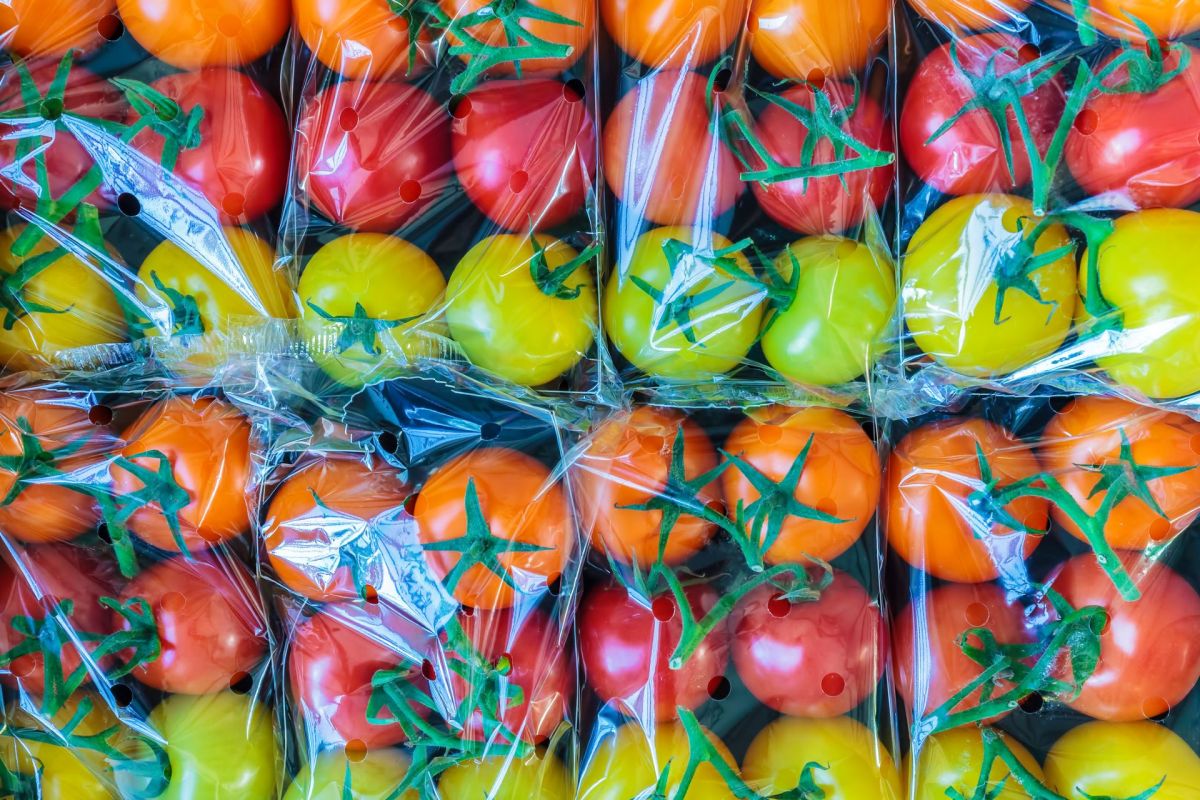The saying "you are what you eat" has led many of us to think more about what we put in our bodies. However, the Guardian recently reported that what we eat doesn't necessarily dictate what we ingest.
What's happening?
Research from a study published by Cambridge University Press — that arose amid the conversation over how to reduce the amount of plastic waste polluting our planet — revealed some unsettling facts about plastics used in food packaging, utensils, plates, and other items.
The study reviewed hundreds of scientific publications on plastic and recycled plastic to give a first-of-its-kind review of food contact chemicals. As reported by the Guardian, its authors wrote, "Hazardous chemicals can accumulate in recycled material and then migrate into foodstuffs, leading to chronic human exposure."
While some plastic can be recycled, most cannot, and the study shows that improving its recyclability brings risks. According to the Guardian, the study's authors also wrote that recycled food plastics are "vectors for spreading chemicals of concern" as the data indicates that chemicals are either added or created during the recycling process.
When tested, 461 volatile organic compounds (VOCs) were found in virgin plastic, while some 573 were found in recycled material. The most common were toxins like styrene, benzene, bisphenol, heavy metals, formaldehyde, and phthalates.
The study also discovered a high level of illegal recycling in which non–food grade plastic made with flame retardants and other toxic compounds was used in recycled food packaging.
Why are the results of the study concerning?
The study shows that even though we may be making healthy choices when it comes to food, we are likely still ingesting the toxins we're trying to avoid.
Wrapping our food in unsafe plastic or eating it off a poisonous plate or toxic utensil can cause severe health issues like infertility, obesity, diabetes, cancer, thyroid issues, and increased risk of heart disease and stroke.
Birgit Geueke, senior scientific officer with the Zurich-based Food Packaging Forum and the study's lead author, warned, "It's not safe, and as the quality of recycled plastic decreases, the amount of potential contaminants goes up."
What can I do about it?
Consumers can take extra safety measures by bringing their own non-plastic carryout containers to restaurants when allowed and by avoiding plastic packaging whenever possible. In the end, however, the best solution is to eliminate plastic usage altogether.
The Guardian reported that the study's authors emphasized this when they wrote: "A shift towards materials that can be safely reused due to their favorable, inert material properties could be a promising option to reduce the impacts of single-use food packaging on the environment and of migrating chemicals on human health."
Join our free newsletter for easy tips to save more, waste less, and help yourself while helping the planet.








